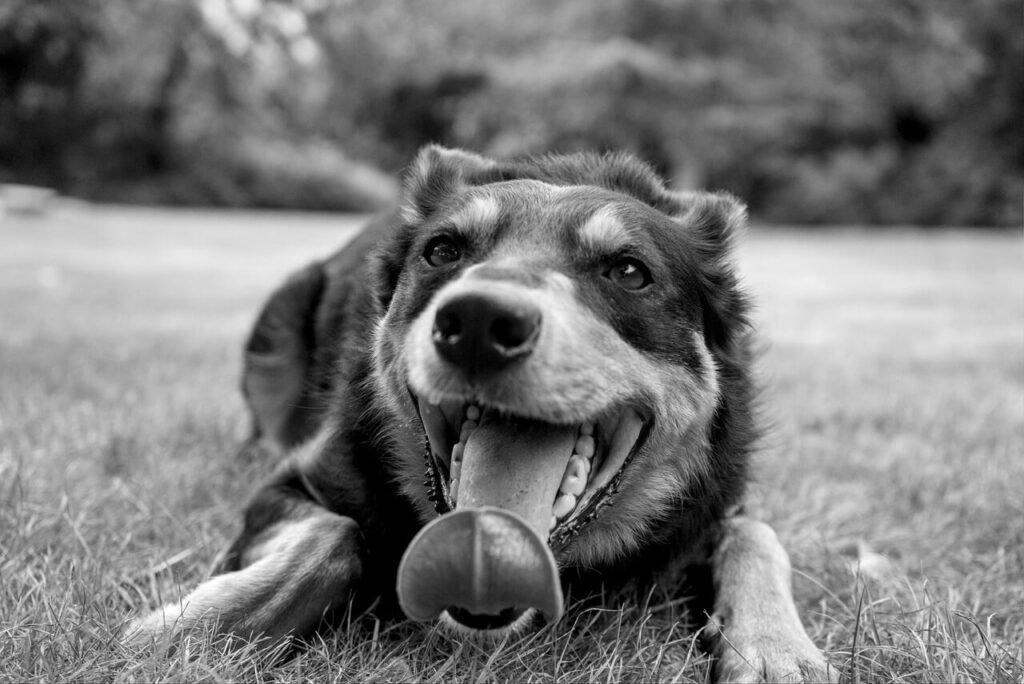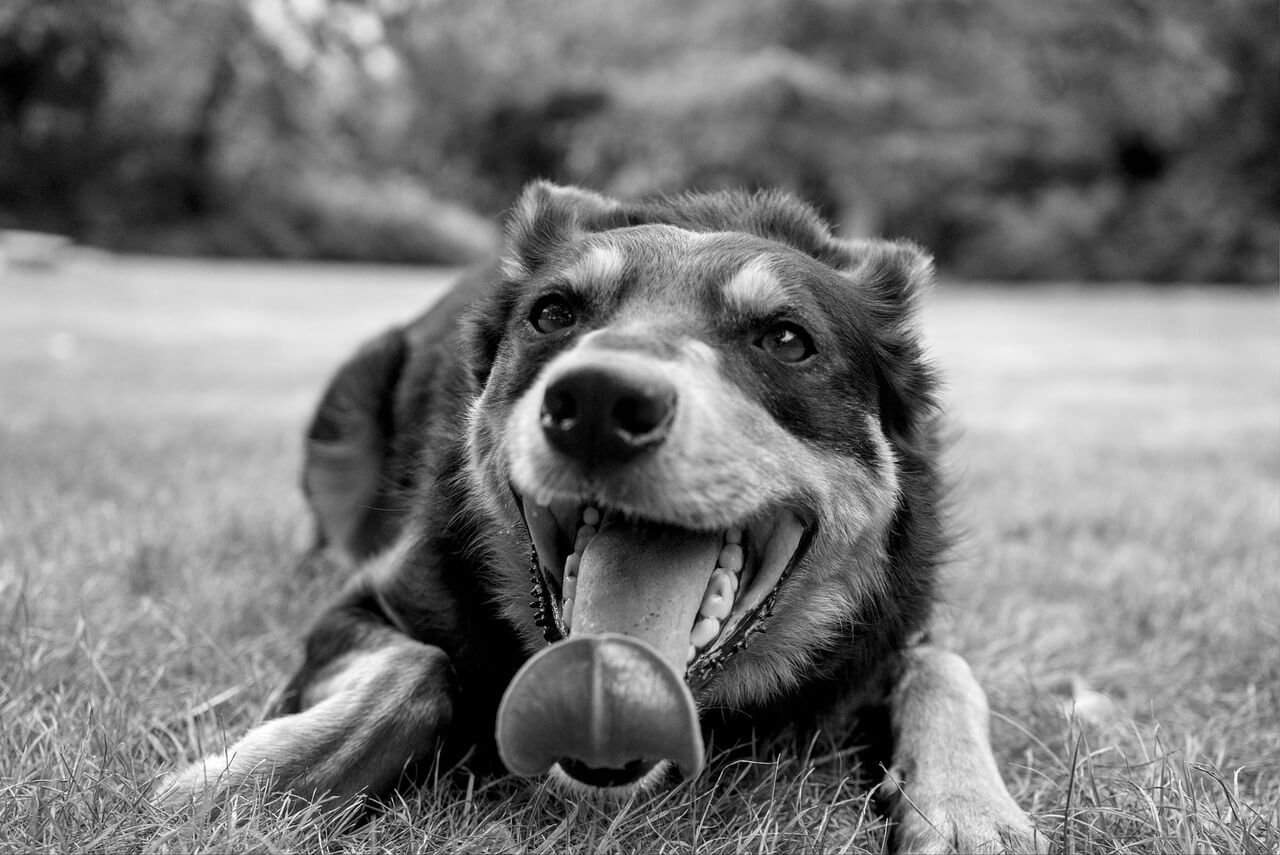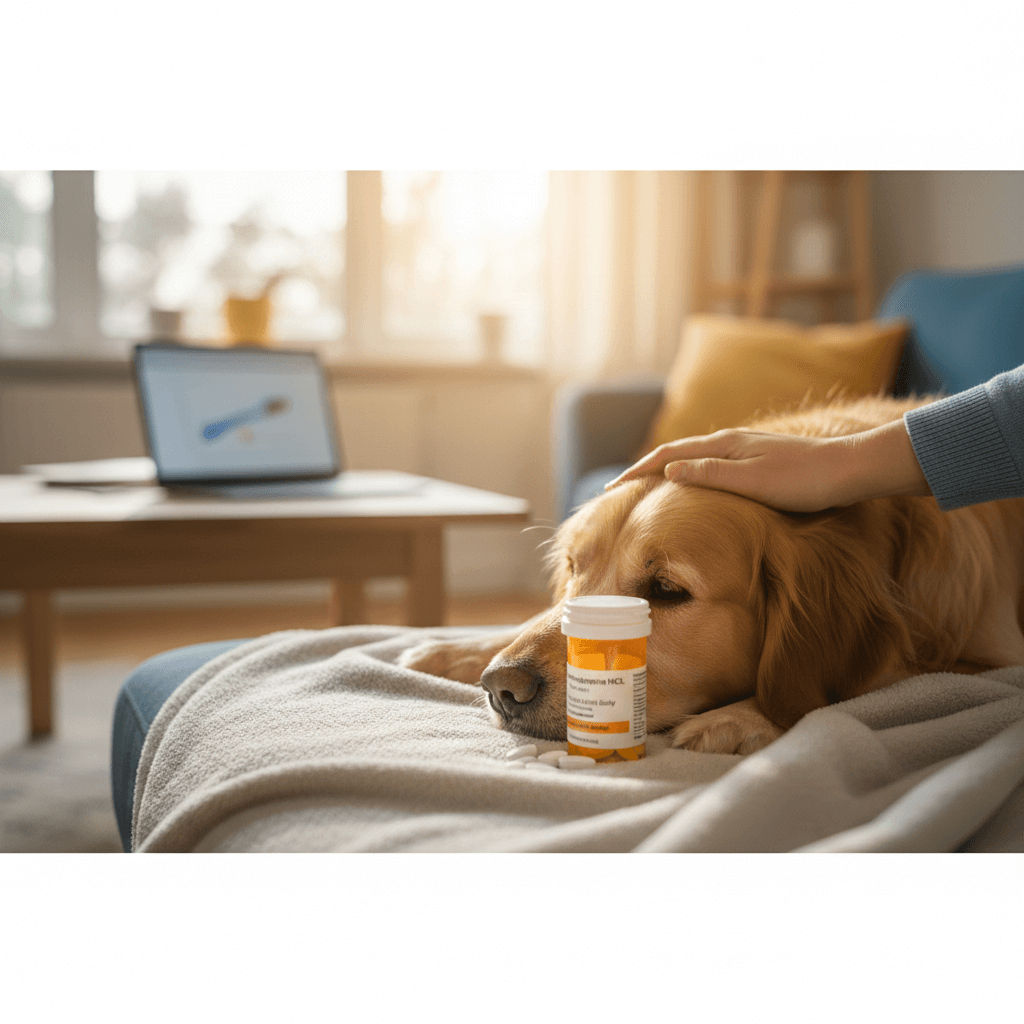Understanding Dog Hyperventilation: What Every Pet Owner Should Know
As a dog owner, there’s nothing more concerning than seeing your furry friend in distress. One alarming symptom that can leave you feeling helpless is hyperventilation. While it might seem like a rare occurrence, dog hyperventilating can happen for a variety of reasons, some harmless and others requiring immediate attention. In this blog post, we’ll explore what hyperventilation in dogs looks like, why it happens, and how you can help your pet when it occurs. Whether you’re a new or experienced pet parent, understanding this condition can make all the difference in ensuring your dog’s well-being.
Recognizing the Signs of Dog Hyperventilation
When it comes to identifying hyperventilation in dogs, knowing the signs is crucial. This rapid breathing pattern can often be mistaken for excitement or panting, but there are key differences that set it apart. Below are some common indicators to watch out for:
Rapid Breathing : Unlike normal panting, hyperventilation involves unusually fast breaths that seem uncontrollable.
Shallow Breaths : The breaths may appear shallow, with little to no pause between inhales and exhales.
Wide-Eyed Expression : Dogs may exhibit a panicked or wide-eyed look, signaling discomfort or anxiety.
Excessive Drooling : Some dogs may drool excessively while hyperventilating, adding to their distress.
Restlessness : Your dog may pace, fidget, or show signs of restlessness as they struggle to calm down.
If you notice any combination of these symptoms, it’s important to stay calm and assess the situation carefully. Recognizing these signs early can help you determine whether your dog needs immediate veterinary care or if the issue can be managed at home.
Common Causes of Hyperventilation in Dogs
Hyperventilation in dogs doesn’t always indicate a serious health issue, but it’s essential to understand its potential causes. By identifying the underlying reason, you can take appropriate steps to address the problem. Here are some common triggers:
Heat Stress : Dogs often pant to regulate their body temperature, but excessive heat can lead to hyperventilation.
Anxiety or Fear : Loud noises, unfamiliar environments, or stressful situations can cause rapid breathing in dogs.
Physical Exertion : After intense exercise or play, your dog may hyperventilate as their body recovers.
Respiratory Issues : Conditions like asthma, pneumonia, or allergies can contribute to abnormal breathing patterns.
Pain or Injury : Dogs in pain may exhibit hyperventilation as a response to discomfort or trauma.
While some causes are temporary and resolve on their own, others may require professional intervention. Always monitor your dog closely and consult a vet if the hyperventilation persists or worsens.
Check this guide 👉 Understanding Sebaceous Adenoma in Dogs: Best 7 Health Tips!
Check this guide 👉Understanding Perineal Urethrostomy in Cats: Best 7 Tips!
Check this guide 👉Understanding Dog Vasectomy: Best 7 Expert Tips!

Possible Causes of Hyperventilation | Steps to Take |
|---|---|
Heat Stress | Move your dog to a cool area and provide water. |
Anxiety or Fear | Create a calm environment and use soothing techniques. |
Physical Exertion | Allow your dog to rest and recover after activity. |
Respiratory Issues | Consult a veterinarian for diagnosis and treatment. |
Pain or Injury | Check for visible injuries and seek veterinary care. |
How to Calm a Hyperventilating Dog
When your dog is hyperventilating, your first priority should be to calm them down. While the exact approach may vary depending on the cause, here are some general steps you can take:
Stay Calm Yourself : Dogs can sense your emotions, so maintaining a calm demeanor is essential.
Provide Fresh Air : If indoors, open windows or take your dog outside to ensure they have access to fresh air.
Offer Water : Encourage your dog to drink water, as dehydration can exacerbate breathing issues.
Use Soothing Words : Speak softly and reassuringly to comfort your dog during this stressful time.
Limit Stimulation : Remove any loud noises or distractions that could further agitate your pet.
By following these steps, you can help your dog regain their composure and stabilize their breathing. However, if the hyperventilation persists, don’t hesitate to contact a veterinarian for guidance.
Preventing Hyperventilation in Dogs
Prevention is always better than cure, especially when it comes to your dog’s health. While you can’t always predict when hyperventilation will occur, there are proactive measures you can take to reduce the risk. Consider the following tips:
Maintain a Comfortable Environment : Ensure your home is well-ventilated and free from extreme temperatures.
Monitor Physical Activity : Avoid overexertion during exercise, especially in hot weather.
Address Anxiety Triggers : Identify and minimize stressors that could lead to anxiety-induced hyperventilation.
Schedule Regular Vet Checkups : Routine exams can help detect underlying health issues before they escalate.
Provide Mental Stimulation : Engage your dog with toys and activities to keep them mentally balanced.
By incorporating these practices into your daily routine, you can significantly lower the chances of your dog experiencing hyperventilation. Remember, a happy and healthy dog is less likely to encounter such episodes.
When to Seek Immediate Veterinary Help
While some cases of hyperventilation in dogs are mild and temporary, others can indicate a serious underlying issue. Knowing when to seek professional help is critical for your dog’s well-being. Here are situations where immediate veterinary intervention is necessary:
Difficulty Breathing : If your dog’s breathing seems labored or they are gasping for air, it could signal a respiratory emergency.
Blue Gums or Tongue : A bluish tint to your dog’s gums or tongue indicates a lack of oxygen and requires urgent care.
Collapse or Weakness : If your dog collapses or shows signs of extreme weakness during hyperventilation, act quickly.
Persistent Symptoms : Hyperventilation lasting more than 10-15 minutes without improvement should not be ignored.
Accompanying Symptoms : Vomiting, coughing, or seizures alongside hyperventilation are red flags that warrant a vet visit.
In these scenarios, time is of the essence. Trust your instincts and prioritize your dog’s health by seeking professional guidance as soon as possible.
Breeds Prone to Respiratory Issues
Certain dog breeds are more susceptible to respiratory challenges, which can lead to episodes of hyperventilation. Understanding if your dog falls into this category can help you take preventive measures. Here are some breeds commonly affected:
Brachycephalic Breeds : Bulldogs, Pugs, and Shih Tzus often struggle with breathing due to their flat faces and narrow airways.
Small Toy Breeds : Chihuahuas and Yorkshire Terriers may experience hyperventilation linked to tracheal collapse.
Large Breeds : Great Danes and Greyhounds are prone to certain heart conditions that can affect breathing.
Herding Breeds : Border Collies and Australian Shepherds may develop anxiety-related hyperventilation due to their high energy levels.
Working Breeds : Huskies and Malamutes can overexert themselves, leading to rapid breathing after intense activity.
If your dog belongs to one of these breeds, regular checkups and tailored care can help minimize risks. Always stay vigilant about their unique needs.
At-Home Remedies to Soothe Your Dog
While professional veterinary care is essential in serious cases, there are simple at-home remedies you can try to comfort your hyperventilating dog. These methods are most effective for mild, stress-induced episodes. Here are some options:
Cool Compress : Apply a damp, cool cloth to your dog’s paws or neck to help lower their body temperature.
Calming Music : Play soft, calming music to create a peaceful atmosphere and reduce anxiety.
Aromatherapy : Use pet-safe essential oils like lavender to promote relaxation (always consult a vet first).
Comfort Items : Provide your dog with their favorite blanket or toy to help them feel secure.
Gentle Massage : Lightly massage your dog’s back or chest to encourage deeper, slower breathing.
These techniques can provide temporary relief, but remember, they are not substitutes for professional advice. If symptoms persist, always consult your veterinarian to rule out underlying issues.
Frequently Asked Questions About Dog Hyperventilation
Is hyperventilation in dogs always an emergency?
Not always. Mild cases caused by temporary factors like excitement or heat may resolve on their own. However, persistent or severe hyperventilation requires veterinary attention.
Can anxiety cause my dog to hyperventilate?
Yes, anxiety and fear are common triggers for rapid breathing in dogs.
How can I tell if my dog is hyperventilating or just panting?
Hyperventilation is characterized by faster, shallower breaths compared to regular panting, often accompanied by signs of distress.
What should I do if my dog hyperventilates after exercise?
Allow your dog to rest in a cool, quiet space and offer water. If the breathing doesn’t normalize within a few minutes, consult a vet.
Are certain breeds more prone to hyperventilation?
Brachycephalic breeds (e.g., Bulldogs, Pugs) are more susceptible due to their shorter airways, but any dog can experience hyperventilation.
Final Thoughts: Keeping Your Dog Safe and Healthy
Seeing your dog hyperventilate can be a frightening experience, but arming yourself with knowledge can make all the difference. By understanding the signs, causes, and preventive measures, you’re better equipped to handle such situations calmly and effectively. Remember, your dog relies on you to keep them safe, and being proactive about their health is one of the best gifts you can give them. If you ever feel uncertain about your dog’s condition, don’t hesitate to reach out to a trusted veterinarian. After all, a happy, healthy dog is the ultimate goal—and it starts with you.
How Cats Develop Lymphoma: Best 7 Expert Tips! – Learn about causes, symptoms, and prevention to protect your cat from this common cancer.
How Dogs Develop Lymphoma: Best 7 Expert Tips! – Learn causes, symptoms, and prevention strategies to protect your dog from this common cancer.
Diphenhydramine Safe for Dogs? Best 7 Expert Tips! – Learn proper dosing, uses, and precautions to keep your dog safe while using Benadryl.
Is Milk in Cat Food Safe? Best 7 Expert Tips! – Discover the truth about milk in cat food, its risks, and how to keep your feline healthy and happy.





